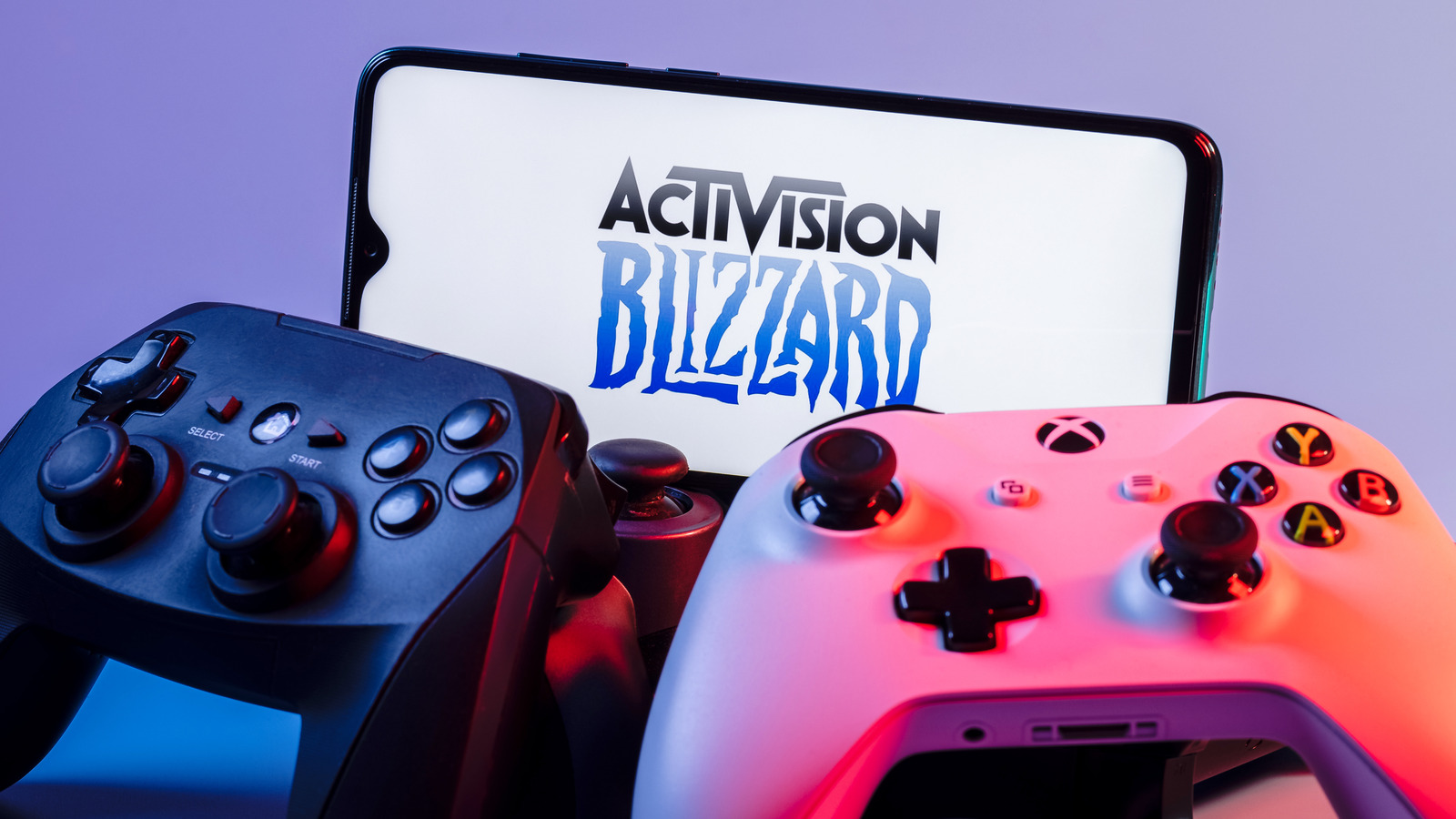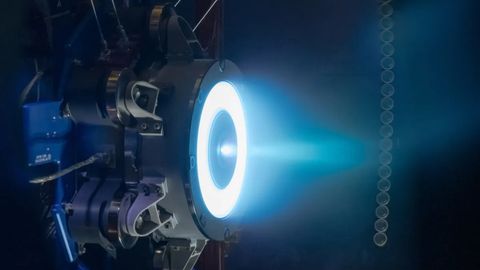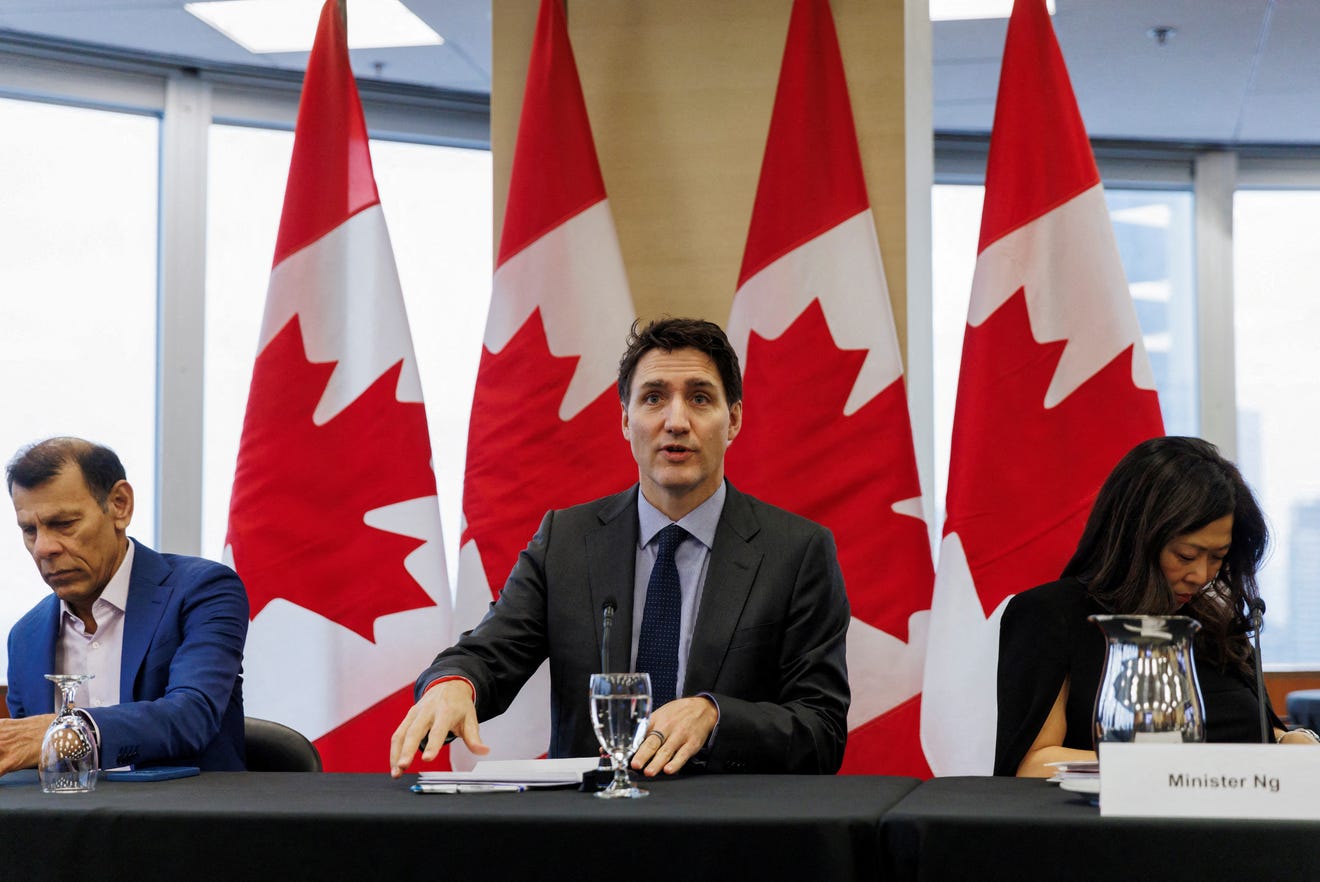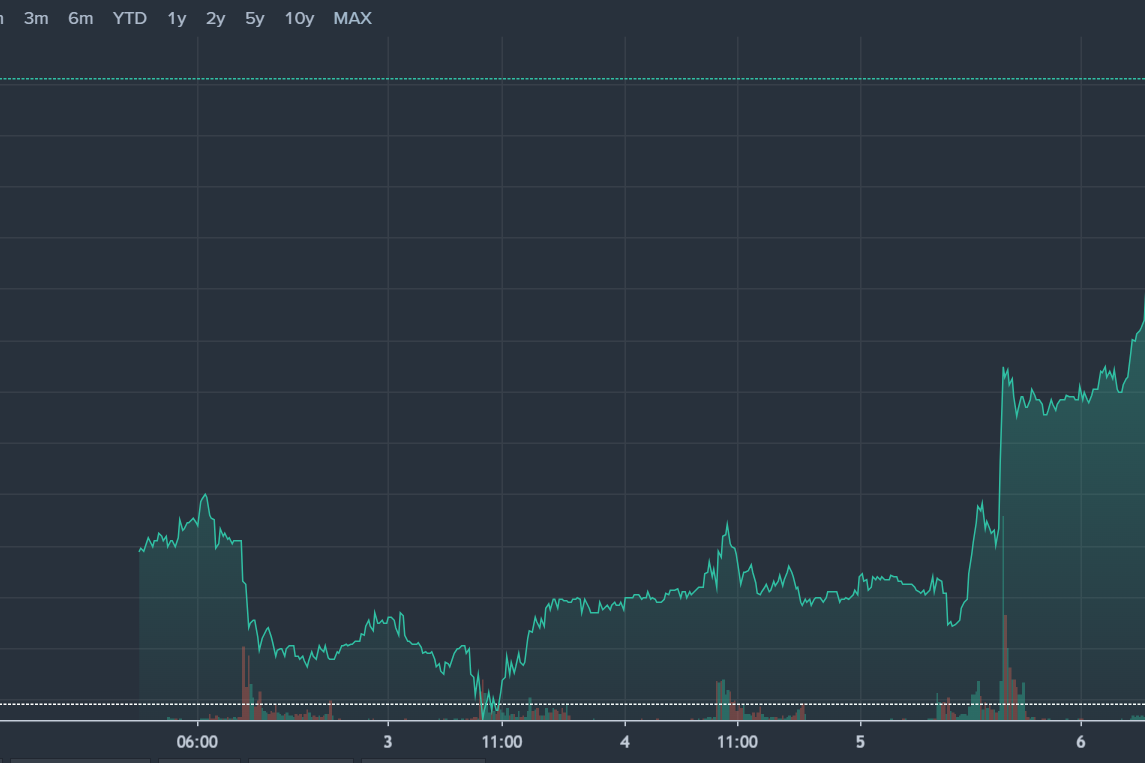Activision Blizzard Acquisition: FTC Files Appeal Against Microsoft

Table of Contents
The FTC's Case Against the Microsoft-Activision Blizzard Merger
The FTC's core argument centers on the potential for anti-competitive practices resulting from the merger. They fear Microsoft's acquisition of Activision Blizzard will stifle competition, ultimately harming consumers. The commission believes this mega-merger gives Microsoft an unfair advantage, allowing them to dominate key sectors of the gaming market.
- Reduced competition in the console gaming market: The FTC argues that Microsoft could leverage its ownership of Activision Blizzard’s popular titles, like Call of Duty, to gain an unfair advantage over competitors like Sony. This could lead to exclusivity deals, hindering other console manufacturers.
- Potential harm to consumers through higher prices or less innovation: Without competition, the FTC worries, Microsoft might raise prices for games or reduce the quality and innovation of future titles. The loss of competitive pressure could stifle creativity and leave gamers with fewer options.
- Loss of access to popular game franchises like Call of Duty: The FTC's concern extends to the possibility of Call of Duty and other key franchises becoming exclusive to Xbox, leaving PlayStation and other platforms at a considerable disadvantage, impacting millions of gamers.
- Microsoft's potential to leverage Activision Blizzard's games to stifle competition in cloud gaming: The FTC highlighted Microsoft's potential to use Activision Blizzard's extensive game catalog to gain a dominant position in the burgeoning cloud gaming market, potentially shutting out smaller competitors.
The FTC presented evidence including internal Microsoft documents and market analysis to support their claims, painting a picture of a potential monopoly.
Microsoft's Defense and Counterarguments
Microsoft vehemently denies the FTC's allegations, arguing that the merger will benefit consumers and foster innovation. Their defense strategy focuses on several key points:
- Commitment to keeping Call of Duty on PlayStation: Microsoft has repeatedly pledged to continue releasing Call of Duty on PlayStation, emphasizing their commitment to maintaining fair competition. They've even proposed long-term contractual agreements to solidify this commitment.
- Investment in cloud gaming infrastructure, benefiting consumers: Microsoft argues that the merger will accelerate investments in cloud gaming infrastructure, ultimately benefiting consumers with improved access to games and better streaming services.
- Claims that the merger will foster innovation and competition: Microsoft contends that the combined resources of Microsoft and Activision Blizzard will lead to increased innovation in game development and the creation of new and exciting gaming experiences.
- Emphasis on the benefits to both companies and consumers: Microsoft emphasizes the synergistic benefits of the merger, highlighting how it will allow them to reach a wider audience and bring more innovative games to market.
Microsoft also offered various concessions to appease the FTC, including extending licensing agreements for Call of Duty and other titles.
The Appeal Process and Potential Outcomes
The FTC's appeal involves a complex legal process, likely including extensive documentation review, witness testimonies, and legal arguments presented before an administrative law judge. Several outcomes are possible:
- The appeal is successful, and the merger is blocked: This would be a significant victory for the FTC and a major setback for Microsoft. It would set a powerful precedent for future tech mergers and acquisitions.
- The appeal is unsuccessful, and the merger proceeds: This outcome would allow Microsoft to complete the acquisition of Activision Blizzard, potentially reshaping the gaming landscape significantly.
- A negotiated settlement between Microsoft and the FTC: A negotiated settlement could involve Microsoft agreeing to specific conditions to alleviate the FTC's concerns, allowing the merger to proceed under certain constraints.
Each outcome holds significant implications for the gaming industry and sets a precedent for future mergers and acquisitions in the tech sector, impacting competition and innovation.
The Impact on Consumers and the Gaming Industry
The Activision Blizzard acquisition's impact on consumers and the gaming industry is multifaceted:
- Short-term effects: Uncertainty surrounds the availability and pricing of Activision Blizzard games depending on the outcome. If the merger is blocked, the status quo remains. If it proceeds, prices could increase or exclusivity deals could limit access to certain games on specific platforms.
- Long-term effects: The long-term consequences depend on Microsoft's actions post-acquisition. Will they maintain their commitment to cross-platform releases? Will innovation be stifled? These questions remain unanswered.
- Antitrust precedent: This case sets a significant precedent for future antitrust litigation involving major tech mergers. It will influence how regulators evaluate future acquisitions in the tech industry and gaming sector.
- Competition and innovation: The outcome will have a significant impact on competition and innovation within the gaming market. A blocked merger might encourage competition and innovation; a successful merger might consolidate power and limit both.
The impact on game pricing, availability, and future game development hinges entirely on the resolution of this ongoing legal battle.
Conclusion: The Future of the Activision Blizzard Acquisition and Antitrust Regulation
The FTC's appeal against Microsoft's acquisition of Activision Blizzard highlights a crucial clash between corporate expansion and the need for fair competition. Both the FTC and Microsoft presented strong arguments, leading to uncertainty about the ultimate outcome. The potential outcomes—blocking the merger, allowing it to proceed, or a negotiated settlement—carry significant consequences for the gaming industry, consumers, and antitrust regulation. This case will shape the future of mergers and acquisitions within the technology and gaming sectors, setting a precedent for years to come. Follow the developments of the Activision Blizzard acquisition, stay updated on the FTC's appeal, and learn more about antitrust implications in the gaming industry to understand the far-reaching effects of this landmark case.

Featured Posts
-
 Chinas Next Giant Leap Building A Supercomputer In Space
May 20, 2025
Chinas Next Giant Leap Building A Supercomputer In Space
May 20, 2025 -
 The Future Of Buy Canadian Tariffs And The Beauty Industrys Response
May 20, 2025
The Future Of Buy Canadian Tariffs And The Beauty Industrys Response
May 20, 2025 -
 Manchester Uniteds Rashford Bags Brace Eases Past Aston Villa In Fa Cup
May 20, 2025
Manchester Uniteds Rashford Bags Brace Eases Past Aston Villa In Fa Cup
May 20, 2025 -
 Moodys Downgrade Impact On Dow Futures And The Dollar
May 20, 2025
Moodys Downgrade Impact On Dow Futures And The Dollar
May 20, 2025 -
 Analyzing The D Wave Quantum Qbts Stock Crash On Monday
May 20, 2025
Analyzing The D Wave Quantum Qbts Stock Crash On Monday
May 20, 2025
